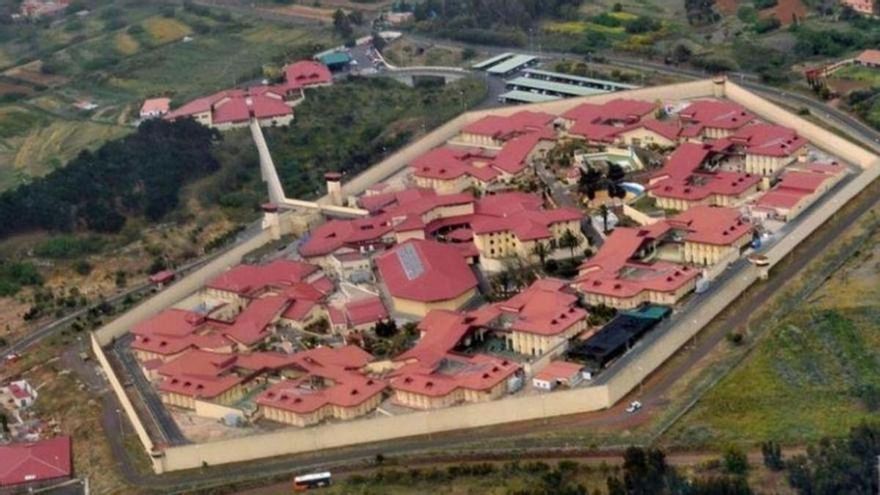Concerns Over Surveillance Measures in Spanish Prisons

Some prison officials feel persecuted and monitored by the Ministry of the Interior. Their distress stems from a directive issued by the General Secretariat of Penitentiary Institutions, which is applicable nationwide and includes the installation of surveillance cameras in areas where the so-called coercive measures are stored.
This expression refers to rubber batons or handcuffs that personnel at correctional facilities use to restrain inmates engaging in assaults or other violent acts.
The aforementioned directive, technically termed 4/2022, indicates that administrators aim to monitor when, where, and under what circumstances these elements are used against specific inmates.
Expansion of Surveillance
However, these will not be the only areas under surveillance. Cameras are also expected to be installed in rooms where searches are conducted on inmates and in provisional isolation cells.
The union Your Abandonment Could Kill Me (TAMPM) in Tenerife argues that this decision demonstrates the Ministry of the Interior’s disinterest in actual security within penitentiary institutions and its desire to control and check on those of us who work there.
Assault on Dignity of Staff
A union spokesperson, Nacho Fernández, explains that, “as we have learned”, the State Government will allocate funds to install surveillance cameras in lockers at the Tenerife prison where coercive measures are stored, aiming to record their use by officials.
He believes this measure is “unacceptable and constitutes a new assault on the dignity and professionalism of the penitentiary workforce.”
Fernández asserts that the General Secretariat of Penitentiary Institutions should invest that money in installing security cameras in the various modules of Tenerife II prison to “prevent fights, thefts, drug use, or assaults on officials.”
Other consulted sources confirm that there are common areas within the modules lacking cameras to monitor inmates. However, TAMPM criticises that the institution spends money on “monitoring us; it is outrageous.”
Working with Transparency
The union representative reminds us that all interventions involving searches of inmates with full nudity or the use of rubber batons and handcuffs are, for example, communicated “immediately” to the Penitentiary Surveillance Court, as the regulations stipulate. Fernández adds that “transparency is guaranteed.”
The union Your Abandonment Could Kill Me states that, thanks to the professionalism of treatment teams and surveillance officials, the vast majority of conflict situations are resolved without the need to resort to the aforementioned coercive measures.
Therefore, its spokesperson believes it makes no sense to “criminalise those who ensure safety, day in and day out, in prisons.”
He adds that “we who work in Spanish prisons do not deserve such treatment, nor the neglect we are subjected to; what we deserve is respect, resources, institutional support, and security” to carry out our work.
















